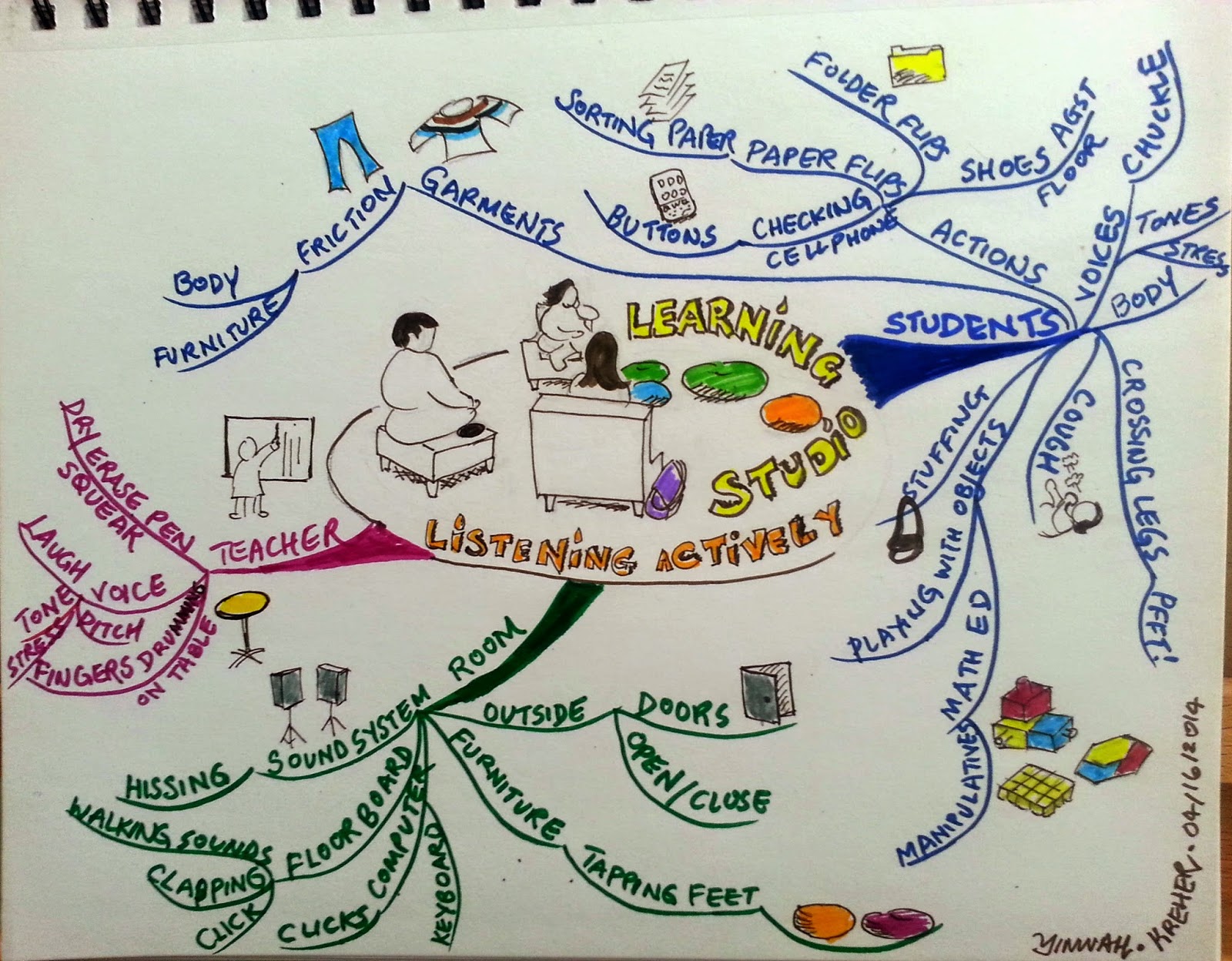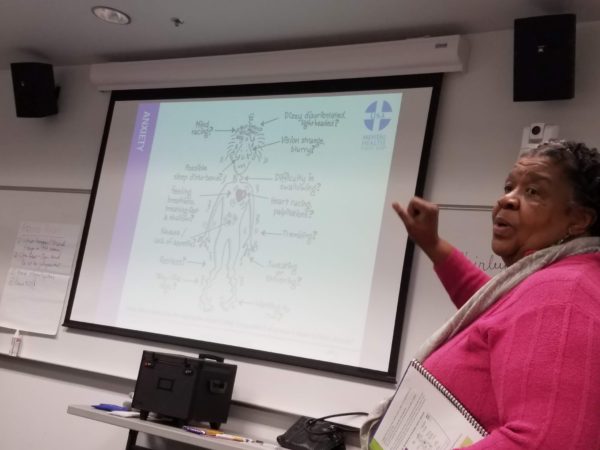Border Crossing: In a Constant State of Negotiation
 In the hearing world, I’m considered expressive because I include facial expressions to enhance communication. I have acquired this ability through learning sign language. It has become automatized in my mind; I don’t think about whether I’m doing it. Yet, in the Deaf world, I’m not sufficiently expressive. To be a good signer, I must use my
In the hearing world, I’m considered expressive because I include facial expressions to enhance communication. I have acquired this ability through learning sign language. It has become automatized in my mind; I don’t think about whether I’m doing it. Yet, in the Deaf world, I’m not sufficiently expressive. To be a good signer, I must use my
hands and body to express and emote. Many Deaf people think hearing people have no emotions because their faces appear devoid of emotions (and probably are). In the hearing world, emotional intensity makes people uncomfortable. One’s EQ is questioned. [Check the book, Emotion as Social Control] As a border crosser, I’m in an in-between world.
2. I’m an IRB expert.
Today, I explained to a colleague about my seeming grasp of IRBs. When you have had a traumatic experience involving IRBs, you learn rapidly to become an expert about IRBs. I once worked with an instructor on a grant-funded project. I interviewed students to collect data for her project and to write a research paper. The paper (and my efforts) came to no good end because we didn’t have IRB consent for data collection. I promised myself from thenceforth that I’d learn all I could (and probably more) about IRBs, :-). Of course, I also worked in a Research and Evaluation unit before. As someone said, fail fast and fail forward. My dissertation advisor is an IRB expert who sits on the university IRB board.
What you cannot or do not have or have been traumatized by leaves an indelible impression. There is a hole that has to be filled. Sometimes, we overcompensate, maybe.




One Comment
Laura Gogia
There are other ways in which you are unusual for your new workplace (which is a good thing) :).